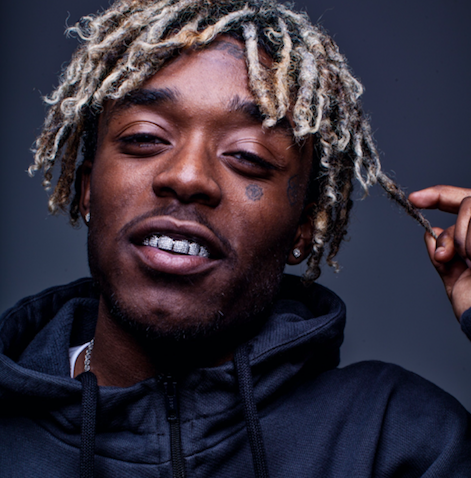By Jonah Hinebaugh
What do Young Thug and Mark Rothko have in common? Both went against norm in their respective mediums to help construct something new and beautiful.
Art has evolved throughout history, and that’s a fact. All you have to do is look back at how renaissance, rococo and neoclassicism evolved.
So why don’t we equate the same idea to rap? New periods of art usually come as a reaction to previous periods and rap mimics this idea, but on a much shorter timeline.
What draws these movements of “mumble rap” and abstract expressionism together is the focus of emotions and raw feelings rather than telling a life story and controlling the beat that realism movements focused on. Both abstract expressionism and “mumble rap” movements draw similar critiques, such as not having a clear message in the work or not showcasing the adequate skill.
What these opposing forces don’t realize is that the focus has switched. Lyrical content isn’t relied upon much like subject matter on canvas. It’s appreciated because the focal point is on the listener. This is the crux of new hip-hop. Artists no longer try and control the beat during a song, but rather glide on it like a surfer. This requires creating strong instrumentals that pair well with whoever is on the track.
We often rush to analyze things and disregard it if it doesn’t meet our criteria. The movements of abstracted art and “mumble rap” allow people to deconstruct that thought process and observe reactions that typically aren’t taken into consideration.
It allows you to reflect on yourself and relate to a piece in a more meaningful manner than just listening to a story told by an artist. That’s what makes it beautiful. It’s personalized and tailored to match your emotions and heighten them. It’s the same reason we listen to sad, dark music when we’re upset or bump high energy bops when we party.
Through the mid-to-late 2000s and early 2010s, rappers focused on complex rhyme schemes to tell a story. Usually, talking about the struggle of growing up in inner city neighborhoods and eventually making it out.
Rap has long documented these stories and the tribulations rappers have faced. This paved the way for well-known artists like Kendrick Lamar, J. Cole and Eminem to come into the spotlight and flourish within the storytelling medium.
Soundcloud has provided smaller artists with a platform to showcase their music to the public since 2007. The platform is highly saturated with young artists, but until recently it was almost impossible for independent artists to hit the mainstream music scene.
But that doesn’t mean it couldn’t be done.
In 2013, Chance The Rapper released his acclaimed album “Acid Rap” on Soundcloud. Just four years later, Chance cinched three Grammy awards and seven nominations for his album “Coloring Book” after the academy relaxed their eligibility rules for work released on streaming sites.
The melding of underground rap and the mainstream music industry is what has allowed abstracted rap to flourish. Beginning around late 2015, artists like Lil Uzi Vert, Young Thug and Lil Yachty, among others, began getting millions of plays on Soundcloud and being recognized as a new wave of hip-hop.
Of course, harsh criticism followed suit by fans of more traditionalist rap that asserted rap was being devalued by these young artists and their style. They labeled the style as “mumble rap,” a derogatory stab at the perceived incoherence of the lyrics.
Despite the critics, artists who flourished in this new medium grew exponentially and by 2016, “mumble rap” had taken over. XXL magazine’s freshman class is a project meant to highlight up-and-coming artists believed to be the future of hip-hop.
The appeal to emotions is what is so important, and “mumble rap” captures that the same way legendary artists like Rothko and Pollock did. It’s raw, it’s deconstructed and it isn’t empty.
Pictured Above: Philadelphia based rapper Lil Uzi Vert released his debut album “Luv is Rage 2” on Aug. 25, which reached No. 1 on the Billboard 200 album chart. Courtesy of Wikimedia Commons



